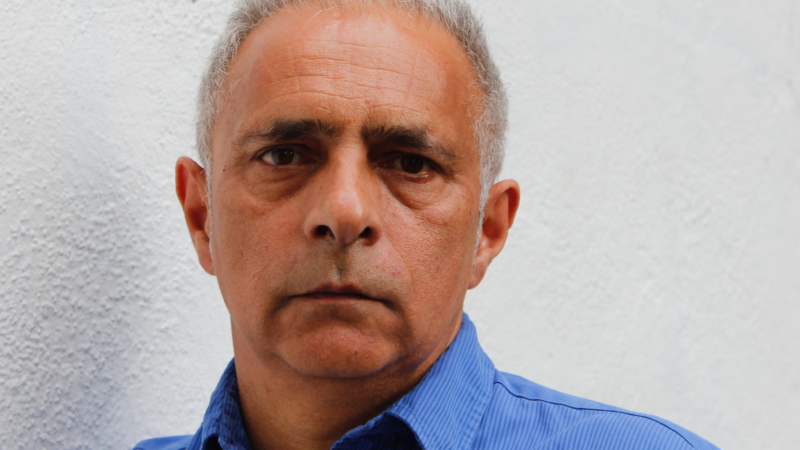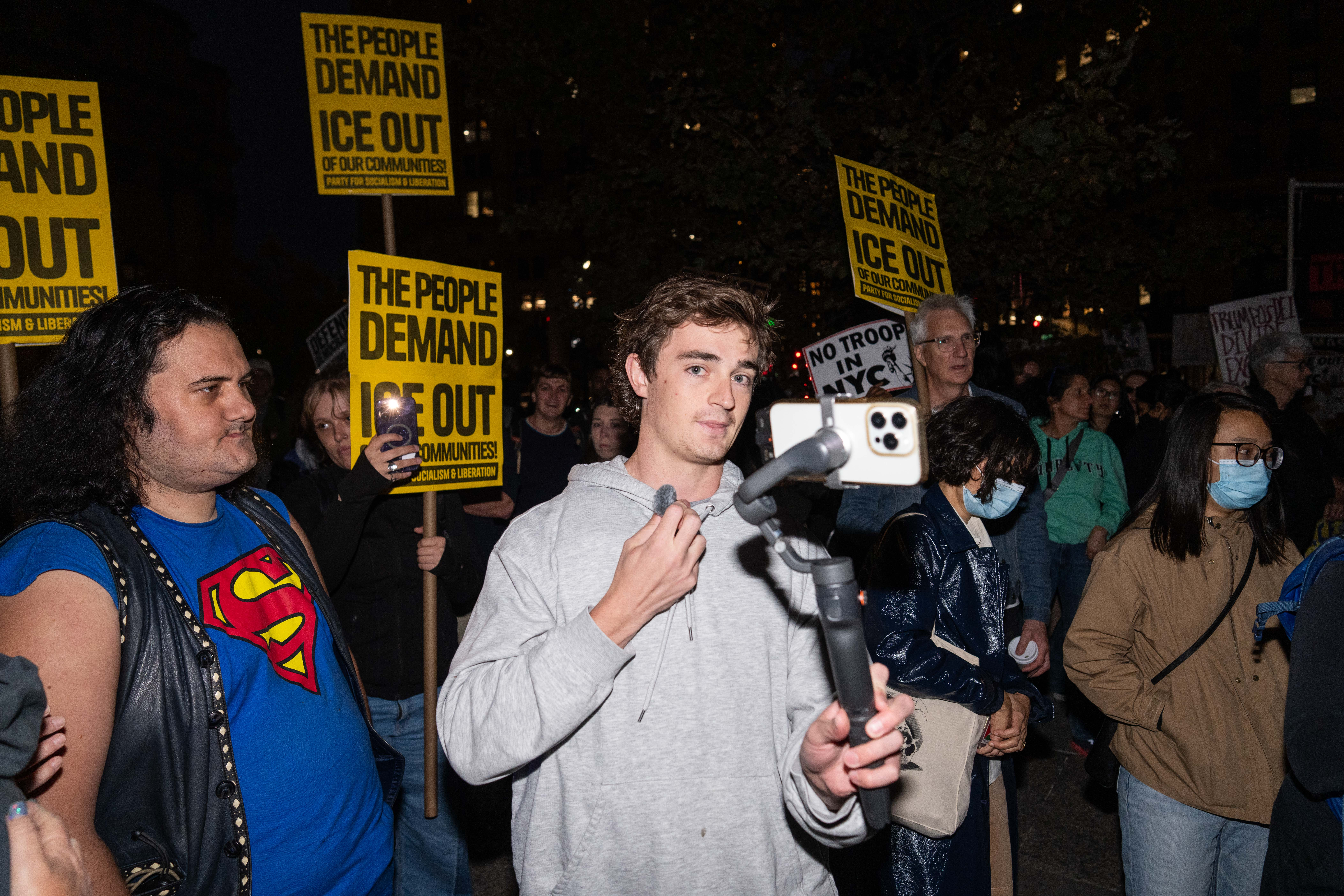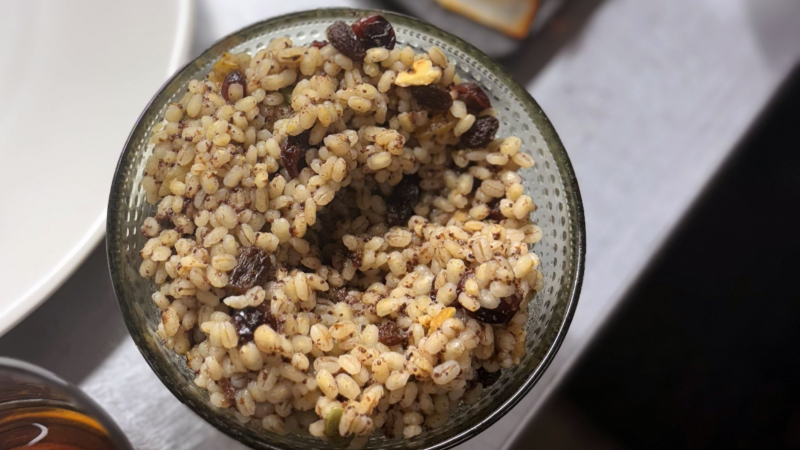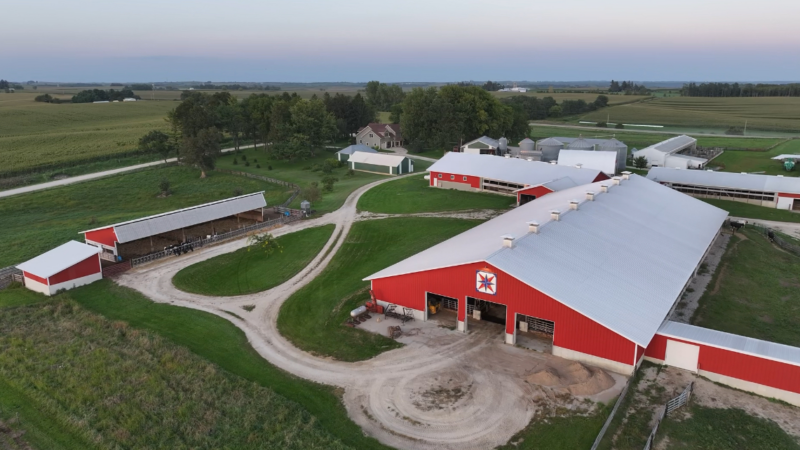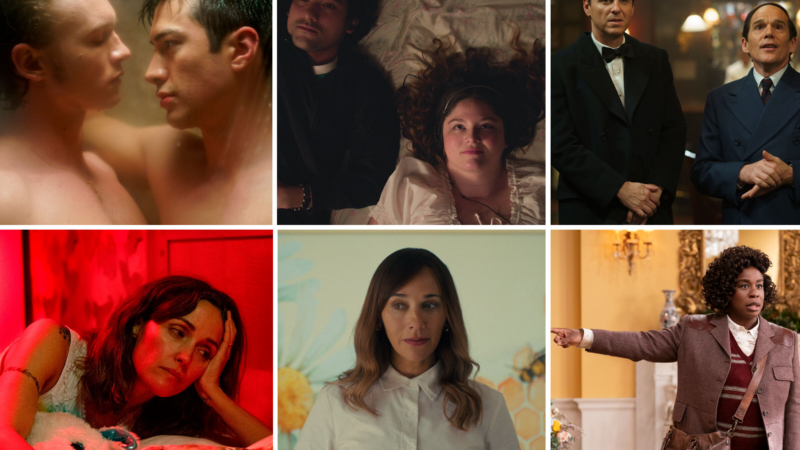A fall ‘Shattered’ Hanif Kureishi’s life. Dictating his new book gave him purpose
Novelist and screenwriter Hanif Kureishi remembers only bits and pieces of the day in 2022 when his life changed forever. He recalls being sick with a stomach infection and starting to feel faint — and then his memory gets fuzzy. Looking back, Kureishi says, he likely stood up to walk, and then fell flat on his face, breaking his neck.
“When I woke up, I was in a pool of blood,” Kureishi says. “And then I saw these objects out of the corner of my eye, and I didn’t know what they were. And then I began to realize that it was my hands. But I had no agency over them.”
Kureishi could speak, but he was unable to move his hands or other parts of his body. He spent a year in hospitals before he was able to return home, where he is assisted by round-the-clock caregivers.

“At the beginning, there was a lot of anger,” he says. “When you have … your ordinary life snatched away from you by an illness — as will happen to so many of us — you are absolutely furious. And you become furious with the people around you. You become furious with your life.”
The son of a British mother and a father who emigrated from Pakistan in the late 1940s, Kureishi was nominated for an Oscar for his screenplay of the 1985 film My Beautiful Launderette. He went on to more films and books, including the 1990 novel The Buddha of Suburbia.
Kureishi started writing his new memoir, Shattered, just days after the accident by dictating to his partner, Isabella, and his son, Carlo. In it, he describes being completely dependent on others, feeling helpless and humiliated.
But he says writing about his condition also gave him purpose: “Even though I was really ill and really bombed out of my head on painkillers and so on, I was writing a blog every single day about my condition, and it was very exciting that people were interested in what I had to say and what had happened to me.”
Interview Highlights
On his current mobility
I can’t use my fingers, I can’t grip, I couldn’t pick up a pen or anything like that. I can move my shoulder. I can move my legs a bit. Obviously I’m in a wheelchair. I can’t stand up, but I can’t actually use my hands. So I’m around-the-clock dependent, but I’m stronger than I was and I have physio [therapy] every day and so on. … I move a bit, but I think this is pretty much where I’m gonna remain from now on.
On the randomness of the fall that left him paralyzed
When I was in hospital in north London, in the rehab … everybody on the ward has had an accident. One guy had dived into an empty swimming pool by mistake. Another guy had fallen down the stairs while drinking a glass of wine. Another guy had fallen over his rake and his garden, just tripped over it and fell down and broke his neck and was paralyzed. So we all had these random, rather contingent accidents, but suddenly, in a moment, completely changed your life forever, and there’s no going back.
That is absolutely enraging. You think why couldn’t I have been doing something else at that moment? Why didn’t that moment occur to me? Why have I been chosen? What have I done wrong? You go through all these terrible, awful thoughts about who has done this to you and why it’s happened, and it makes you an angry person. So I think there are moments, quite rightly, where you deserve to feel angry, but it’s tough on the people around you.
On how being able to work helps his relationship with his partner and with himself
Most of the people that I was in hospital with, they can’t go back to work. None of them are going back to work. If you’re a truck driver, or you’re a street cleaner, or your postman, or whatever, none of those men or women can go back to work. And so they go back home and they lie in bed and they watch TV. My job, thankfully, is a talking and writing job, and I work every day. And that’s part of the important part of our relationship. She works and I work, and I have the dignity of my work.
I haven’t been robbed of my ability to function, to be creative.
Hanif Kureishi
I’ve written Shattered, I’m writing other stuff and I feel that is my part of the relationship, that I earn money, that I support us. I’m a father to my son, so I’m still doing stuff in the world and I have some dignity. I haven’t been robbed of my ability to function, to be creative. In fact, I’m writing more now, even though I’m disabled, than I did before. And I’m very happy to work. And I go to work in the morning with great energy and belief. And that’s important in our relationship for both of us. So we both feel that we are dignified, creative people doing stuff that matters in the world.
On his relationship to sex and intimacy since the accident
You do feel released from some terrible agency, and you look with amusement on other people’s bizarre activities, actually. So I don’t particularly miss it. I don’t particularly care about it because there really are other forms of human intercourse, other forms of human love, other forms of touching and kissing and being with somebody else in a sensual way. I think probably it’s a real narrowing of the sexual spectrum, to think that there are only a few ways in which you can be sexual. I think sexuality and sensuality is a much broader thing than we grow up thinking, to be honest. So you can find other ways of loving other people that are not necessarily sexual in the most overt sense, actually.
On not reading his friend Salman Rushdie‘s memoir, Knife, about the attack that almost killed him and his recovery
The reason I didn’t read it wasn’t because I wanted to keep to my own thoughts. … I didn’t want to hear about his suffering. … I’ve known Salman since the early ’80s and I love him, admire him as a man and as a writer. He’s like an older brother to me. And there was no way I was going to read about that awful thing that happened. I just couldn’t face it. And he understands that. He’s aware of that. And I didn’t want to read about someone being in hospital and having to recover and so on. I can write about it, but I don’t want to hear about it because my life is miserable enough as it is. I don’t want to make it worse.
On what’s next
I want to have a lot going on. I’m doing a dance thing. I’m writing another book. I’m doing this movie with Luca Guadagnino. I’m very excited about what I’m doing, and I need to get up in the morning and look forward to the day and think, what am I going to do today? Is it going to be exciting? Am I going to see a really good friend? Am I going to have a conversation that I never had before? And I’m going to work on something that’s fresh and new? I’m really excited about my book Shattered coming out in the U.S., for instance. I haven’t published a book in the U.S. for a long time. So I want to read the reviews. I want to read the interviews. I want to find out how the book’s doing. I just want to be excited about the world after having gone through a year of hell.
Sam Briger and Joel Wolfram produced and edited this interview for broadcast. Bridget Bentz, Molly Seavy-Nesper and Beth Novey adapted it for the web.
What to know about Nick Shirley, the YouTuber alleging daycare fraud in Minnesota
Shirley is a 23-year-old self-described "independent YouTube journalist" who made prank videos in high school before pivoting to politics. He participated in a White House roundtable in October.
Greetings from Vienna, where an imperial palace hosts a holiday market for all
Far-Flung Postcards is a weekly series in which NPR's international team shares moments from their lives and work around the world.
Out with the mayo: How Ukrainians reclaim holiday food
For many people from former Soviet countries, New Year's is a big holiday feast time. A Ukrainian restaurant in Washington gives NPR a taste of what's on the menu.
His brother’s mental illness isolated his family. Now he’s helping other caregivers
When it comes to serious mental illness, family caregivers are crucial partners. But often, they must fend for themselves. A new solution offers them support.
Farmers are about to pay a lot more for health insurance
Tariffs, inflation, and other federal policies have battered U.S. farmers' bottom lines. Now many farmers say the expiration of federal health care subsidies will make their coverage unaffordable.
50 wonderful things from 2025
Each year, critic Linda Holmes looks back on the year and compiles a list of the things that brought her joy.

